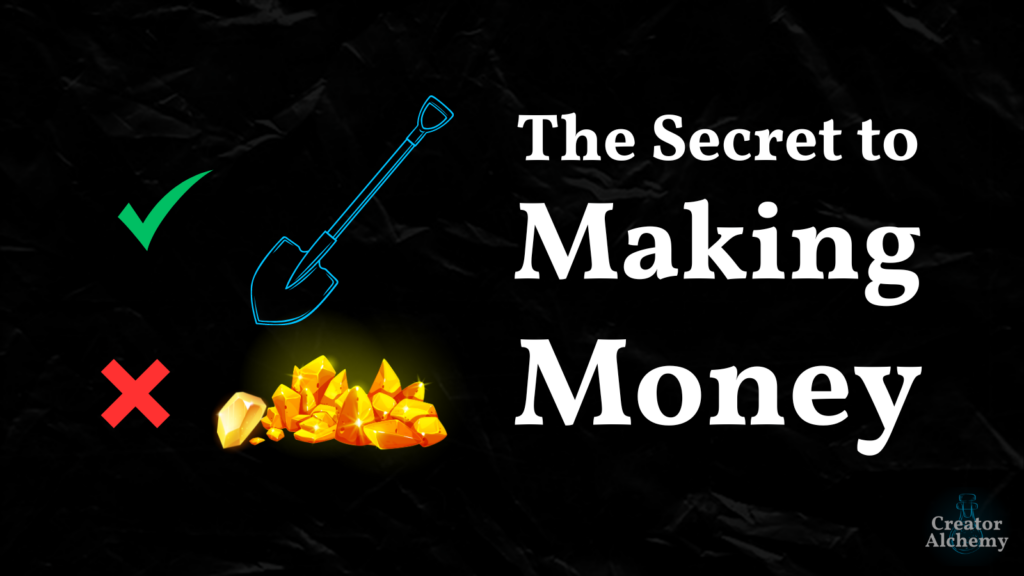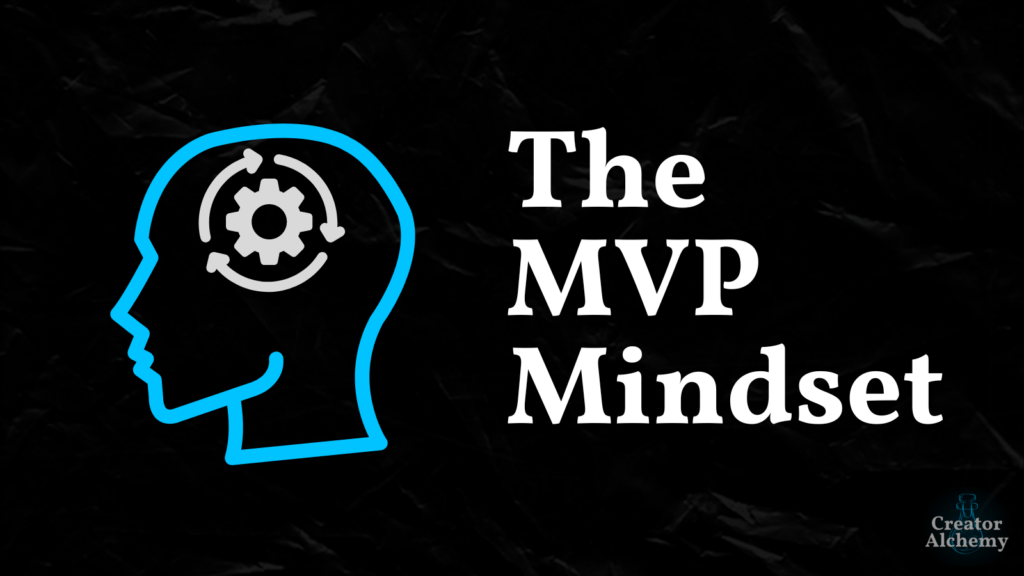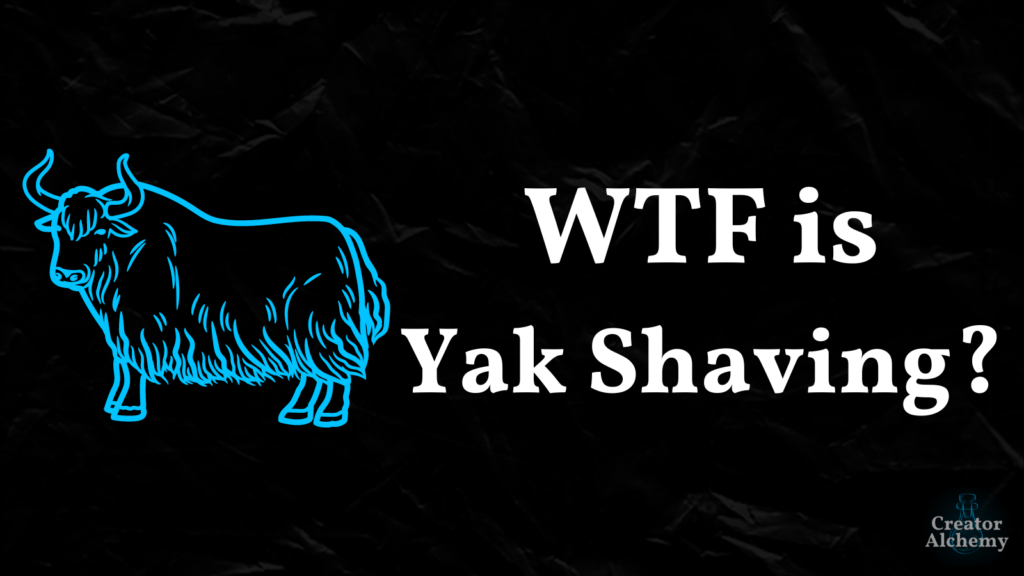“Take your tongue ring out, even if it’s a phone interview!” my supervisor barked at me as I prepared for an internship interview.
It was the last hurdle to obtain my doctorate in clinical psychology. The last 10-ish years of my college career hinged on getting — and finishing — an internship. No internship = no degree, and a bunch of student loan debt without a way to pay it off. There was immense pressure to dress, act, and talk a certain way to impress the internship committees…
So, of course, I kept my tongue ring in.
Let me preface this article by saying I’m oppositional. Maybe it’s a remnant of adolescence. I’m open to constructive feedback, but I hate being micromanaged. I like to analyze situations and come up with efficient solutions, so inefficiency is infuriating. If I’m forced to confine my personality and be fake, I mentally check out.
These traits are why I’m a terrible employee.
They’re also why I thrive as a Licensed Clinical Psychologist and Executive Coach. Here are some lessons I’ve learned carving a niche working with rebels.
•••
Being vs. Becoming
Being a psychologist is liberating; becoming one is confining. You spend years learning to diagnose specific disorders, treat them with specific interventions, and conduct therapy in specific ways. It’s a good foundation, but foundations are meant to be built upon.
When you’re going through school and becoming a professional, it’s easy to get caught up in the idea that the way you learned things is true all the time — that the world can be so easily fit into the simple boxes you learned in class examples.
In the immortal words of Admiral Ackbar, “It’s a trap!”
Anything you go over in class is an oversimplified version of the real world, but it’s supposed to be so you can learn in a safe environment. But don’t mistake an example for reality.
Part of becoming a psychologist involves having a supervisor. You write your notes how they tell you, you dress how they tell you, and you do therapy how they tell you. There’s not a lot of room for individuality.
Dress this way. Talk this way. Behave this way. Why not just build a robot or an algorithm? We’re technologically advanced enough to develop a software program— insert your goals, and it’ll spit out strategies.
Because that’s not what therapy or coaching is about. You have to like the person for the relationship to be effective. According to Common Factors Theory, the relationship is the key component to effective change.
The caricature of a soft-spoken therapist sitting in a turtle neck or polo and khakis saying, “How does that make you feel?” is painfully accurate for many psychologists. This isn’t necessarily bad, but if you don’t fit this image (or whatever the gold-standard aesthetic is for your industry), it’s easy to feel pressured to change who you are. But rebels resist, right?
•••
Authenticity and Professionalism Aren’t Mutually Exclusive
“There is no one alive who is Youer than You.”
— Dr. Seuss
I once had a supervisor tell me, “Until you get your doctorate, no one cares about your opinion.” Well, I’ve earned my doctorate, so here’s my opinion: being authentic and being professional aren’t mutually exclusive. You can be both. Even if the “authentic” you uses profanity, is covered in tattoos, and is blunt and sarcastic — because that’s me, and I’m damn good at my job.
In fact, I’m better at my job because of those things.
Being professional is about one thing: accomplishing your goal. In any professional situation, ask yourself, “What is my goal here?”
As a psychologist, my primary goal with clients is to build rapport so they feel comfortable enough to engage in therapy or coaching.
Here are a few examples of how I’ve built rapport in unorthodox ways:
Saying It “The Doctor” Way
I was leading an addiction recovery group, and we were discussing Brene Brown’s concept of shame vs. guilt.
“We feel guilt for what we’ve done. We feel shame for who we think we are. Do you see the difference?” I said.
Silence
“It’s like the difference between fucking up and being a fuck up. Everybody fucks up, but that doesn’t make you a fuck up for life.”
One group member goes, “Oh! Ok. You said it the doctor way; then you said it our way. Now it makes sense.”
Had I kept up a rigid “professional” facade, I wouldn’t have gotten my point across to the group. Cussing bridged the gap and simplified the concept enough to get the message across.
IDGAF How You Feel
I had an angry teenager walk into my office after getting in trouble at school. His parents were making him come to therapy. He didn’t want to be there. He complained about how other therapists had lectured him about his behavior and how he should talk about his feelings more. So that approach clearly wasn’t effective for him, despite what the textbooks say.
“I’m so tired of people asking me how I feel!” he growled.
“Good. Because I don’t give a fuck how you feel.”
“Really?” he said, furrowing his brow.
“Yup. I don’t care how you feel. I care about what you’re going to do to manage your anger. What’s your plan to cope better?”
From that point, we developed an action plan that helped him manage his anger productively, instead of punching his classmates.
There are two primary ways of coping: emotion-focused and solution-focused. Since the emotion-focused route didn’t work with his previous therapists, we went with the other route — which did. As a professional, my goal was to build rapport and tailor an intervention to the client, and that’s exactly what I did.
•••
Carving Your Niche
Would my approach be as effective if I worked at a faith-based mental health center? I’d most likely get fired pretty quickly, if I got hired at all. Am I as effective with clients who value propriety or look down on long-haired, bearded guys with tattoo sleeves who mostly wear black shirts and dark blue jeans? Nope. Those aren’t my niches.
My niches include people who hate the status quo of traditional therapists, don’t like authority figures, don’t want to be lectured, and who are generally rebellious and oppositional (kind of like me).
A had a mentor explain to me what great comedians have in common. They use a spoonful of sugar to help the medicine go down. Meaning, they make you laugh to lower your guard, hit you with a truth, then sandwich in another joke to keep your guard down. That way, later that night, you’ll be driving home and think about the truth of their words. If a comedian came out and lectured you about the atrocities of the world, your walls would go up, and you’d shut down. If they only told superficial funny jokes, you wouldn’t walk away a better person. But truly great comedians bridge this gap — using humor as a catalyst for transformation. Take Dave Chappelle, for example.
This is my approach to therapy and coaching. I make you laugh, I cuss, I’m sarcastic, and I look like someone who flouts societal expectations of a professional. I use my appearance and demeanor as a beacon to attract people who otherwise would never do therapy or coaching, lower their defenses, and then empower them to revolutionize their lives. I don’t look like a typical professional, but I take my work seriously.
But you have to align yourself with your niche; a mismatch causes you to be ineffective.
•••
Finding Your Tribe
If your presence inspires others to embrace their own authenticity, you’ll attract a community of growth-oriented people or your 1,000 True Fans.
Be the change, as Gandhi said.
People don’t flock to Tom Bilyeu because he founded the billion-dollar company Quest Nutrition; they love him because of his unabashed authenticity that led him to create Impact Theory — a company designed to help people develop an empowering mindset.
Theodore Roosevelt. Brene Brown. Gary Vaynerchuk. Dennis Rodman. Anthony Bourdain. Think of anyone who inspires you. Are they average? No. They’re rebels. There’s something that makes them a unique badass, and they embrace it. They’re not fake or overly filtered. We connect with authenticity, not perfection. Just these five people have inspired millions to improve their lives because of the authentic connection they made with people.
You get one life; why waste it pretending to be something you’re not?
•••
Final Thoughts
I officially give you permission to be yourself. You are your greatest asset — not your degree, not your expertise, not your family history. You. Your professional effectiveness — and personal wellbeing — depend on finding ways to combine your unique personality and abilities authentically. Succumbing to a life of inauthenticity is a surefire path to lifelong misery.
Don’t be average. Be a rebel. Be your badass self. The rest will sort itself out.



